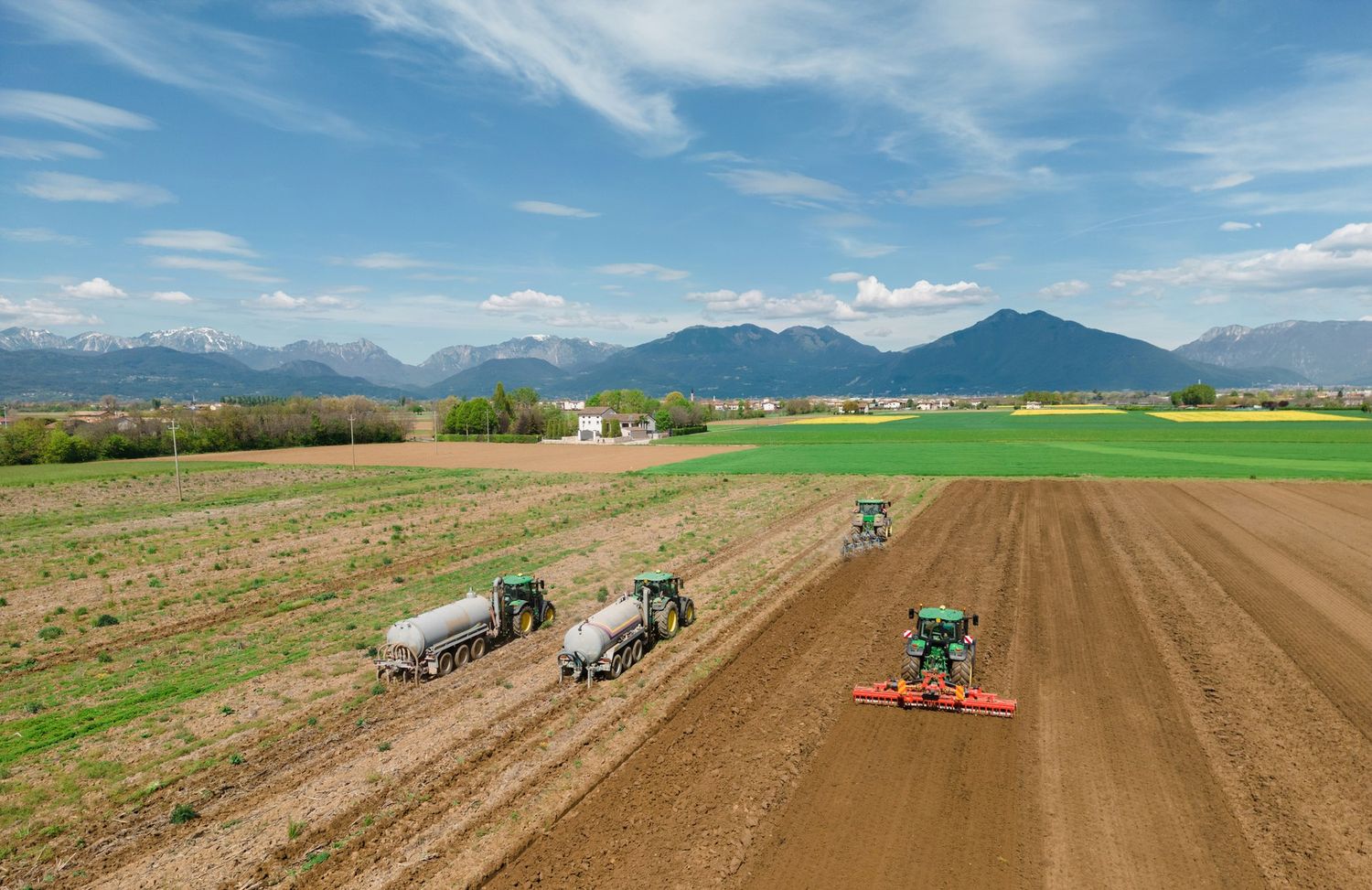Insights
Understanding Agricultural Commodities: Types & Importance
Dresyamaya Fiona
•
4 minutes
read
•
Nov 28, 2024
Agricultural commodities are fundamental to both the global economy and food supply chains. Understanding the nature of these commodities, the factors affecting their prices, and their role in various industries is essential for anyone involved in agriculture, trading, or investment.

The agricultural commodities market plays a vital role in the global economy, providing essential food products, raw materials, and economic stability.
As we look to the future, several key trends and innovations are set to reshape this sector, impacting how commodities are produced, traded, and consumed. Understanding these changes is crucial for farmers, investors, and policymakers alike.
What are Agricultural Commodities?
Agricultural commodities are raw products derived from farming and agriculture that can be bought and sold in bulk. These commodities are essential to the food supply chain and the global economy, serving as foundational elements for various industries, including food processing, textiles, and biofuels. They are typically categorized into two main types, staple crops and livestock products.
Types of Agricultural Commodities
- Crops:
- Grains: Includes wheat, corn, rice, barley, oats, and soybeans. These are staple foods for many populations and are used in animal feed, biofuels, and various food products.
- Oilseeds: Such as soybeans, sunflower seeds, and canola, which are primarily processed into cooking oils and animal feed.
- Fruits and Vegetables: While often traded fresh or in processed forms, they can also be considered agricultural commodities in bulk.
- Sugar: Derived from sugarcane and sugar beets, sugar is a widely traded agricultural commodity.
- Livestock and Animal Products:
- Meat: Includes beef, pork, and poultry. These are significant components of diets worldwide and are traded in various forms, including fresh, frozen, and processed meats.
- Dairy: Products like milk, cheese, butter, and yogurt fall into this category and are critical for nutrition and various food products.
- Eggs: A key protein source that is widely traded in both domestic and international markets.
Importance of Agricultural Commodities
- Food Security: Agricultural commodities are critical for ensuring food security and meeting the nutritional needs of growing populations worldwide.
- Economic Stability: The agricultural sector plays a significant role in the economies of many countries, providing jobs and contributing to GDP. Agricultural commodities are also vital for international trade and economic relations.
- Investment Opportunities: Agricultural commodities can provide investment opportunities for individuals and institutions. They are often considered a hedge against inflation and currency fluctuations.
Conclusion
Agricultural commodities are fundamental to both the global economy and food supply chains. Understanding the nature of these commodities, the factors affecting their prices, and their role in various industries is essential for anyone involved in agriculture, trading, or investment. As the world faces challenges related to population growth, climate change, and resource scarcity, the importance of agricultural commodities will continue to grow.





